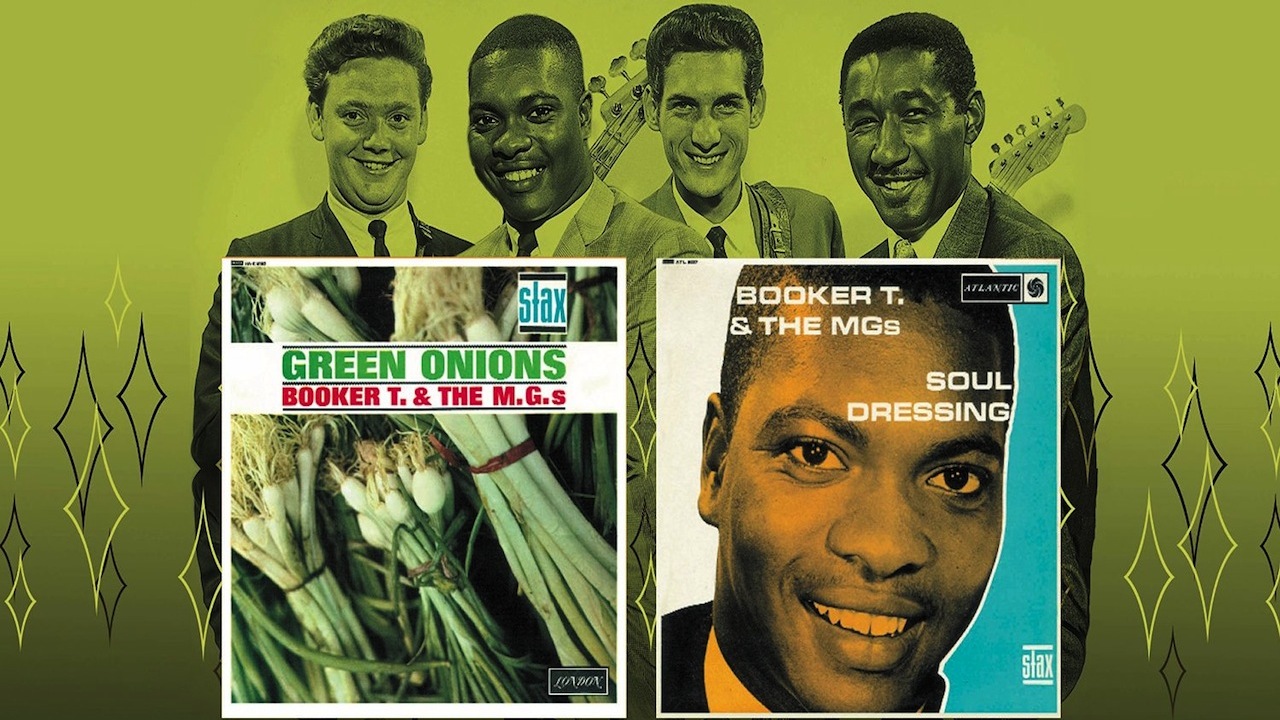In 1962, Booker T And The MGs recorded Green Onions, the R&B instrumental beloved of mods everywhere that Booker T himself describes as “the beginning of the Memphis funk sound”.
The track gave the Stax label its first US R&B No.1, a No.3 pop hit, a signature soul sound and a direction. In the UK, it inspired Georgie Fame and the Small Faces’ Ian McLagan, among many others, to take up playing Hammond organ.
When organist Booker T Jones, guitarist Steve Cropper, bassist Lewie Steinberg and drummer Al Jackson recorded the instrumental classic, however, they had no name and weren’t even really a band. They were employed to back rockabilly singer Billy Lee Riley on a session. Riley departed early and the quartet were left with free studio time to work on their own riffs. From that came the 45 Green Onions, with Cropper’s Fender Esquire vying with Jones’ Hammond M3 on the seemingly effortless funky 12-bar groove.
The hastily recorded Green Onions album soon followed, featuring the title track along with its flip, slow-blues jam Behave Yourself and the self-explanatory Mo’ Onions. These originals were joined by nine cool covers, including versions of the Phil Upchurch Combo’s infectious You Can’t Sit Down and two Ray Charles songs, the uptempo I Got A Woman and atmospheric Lonely Avenue.
The MGs’ second album, named after the Latin-tinged Soul Dressing, didn’t appear until 1965 and though it sold less, is a stronger, bluesier set comprised of 10 originals plus hard-hitting covers of Don Covay’s Mercy Mercy and Willie Dixon’s My Babe, retitled Big Train. Irresistible group compositions include Plum Nellie, covered by the Small Faces and featuring fierce guitar from Cropper, the jaunty Outrage, later recorded by Georgie Fame, and Chinese Checkers, on which Jones plays electric piano in a pentatonic mode and trombone.
Also compiled here are the Soul Dressing single’s b-side MG Party — a throbbing R&B strut with stabbing horns — and the moody, organ-soaked blues Terrible Thing, which was the flipside to frantic album highlight Can’t Be Still. This excellent CD shows the quartet honing their “less is more” approach to perfection./o:p
